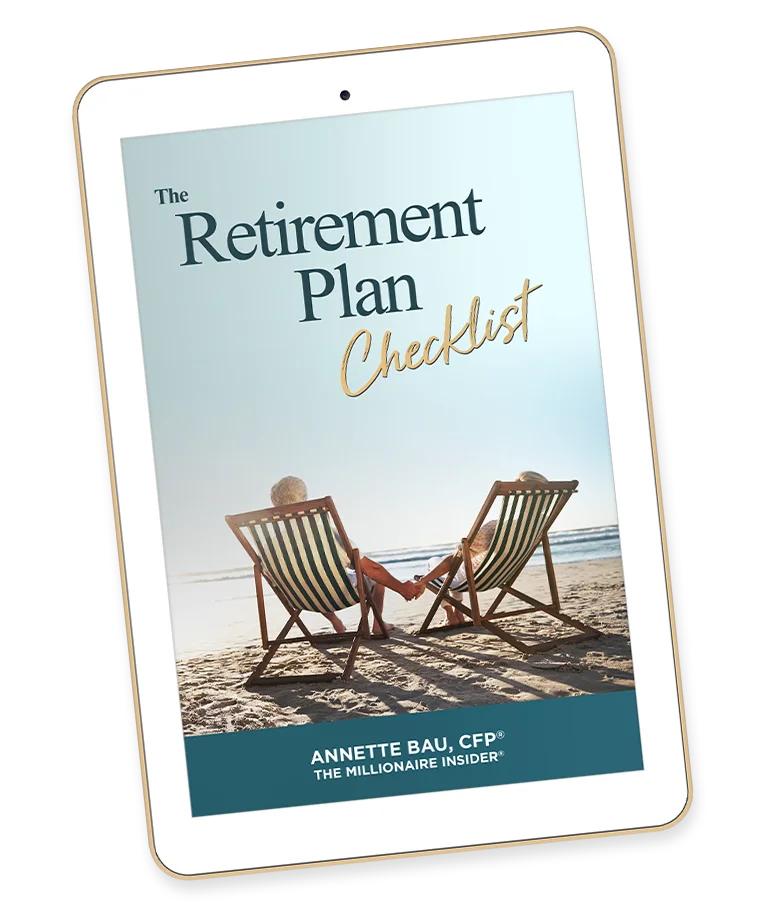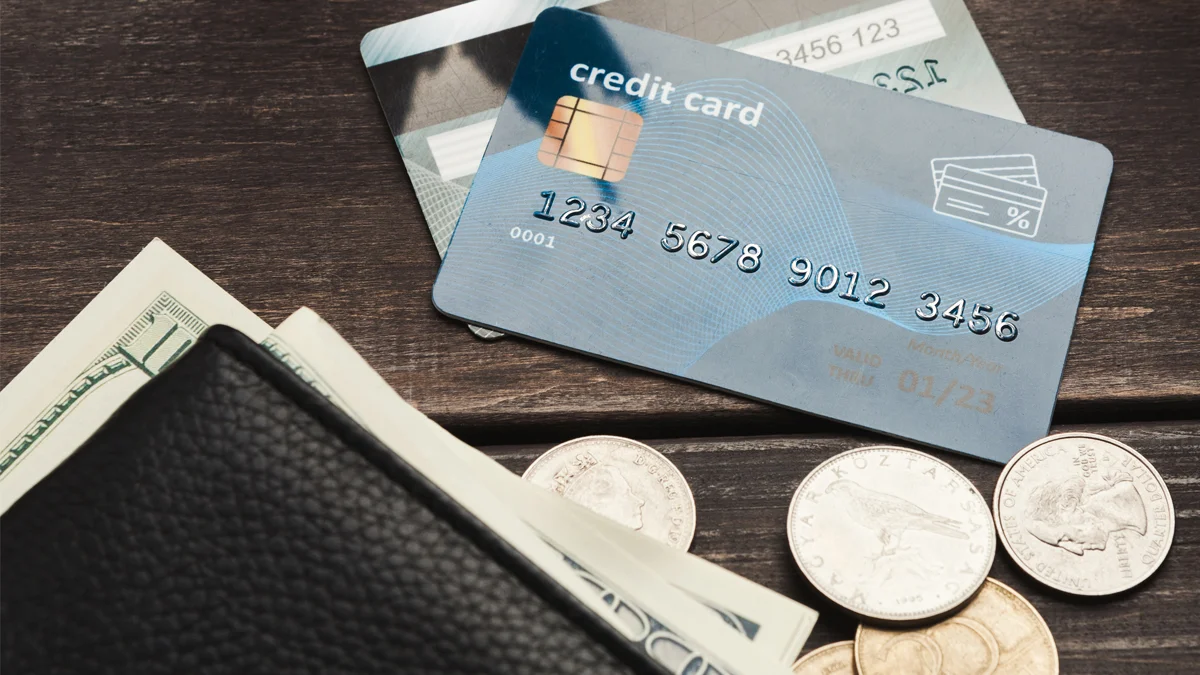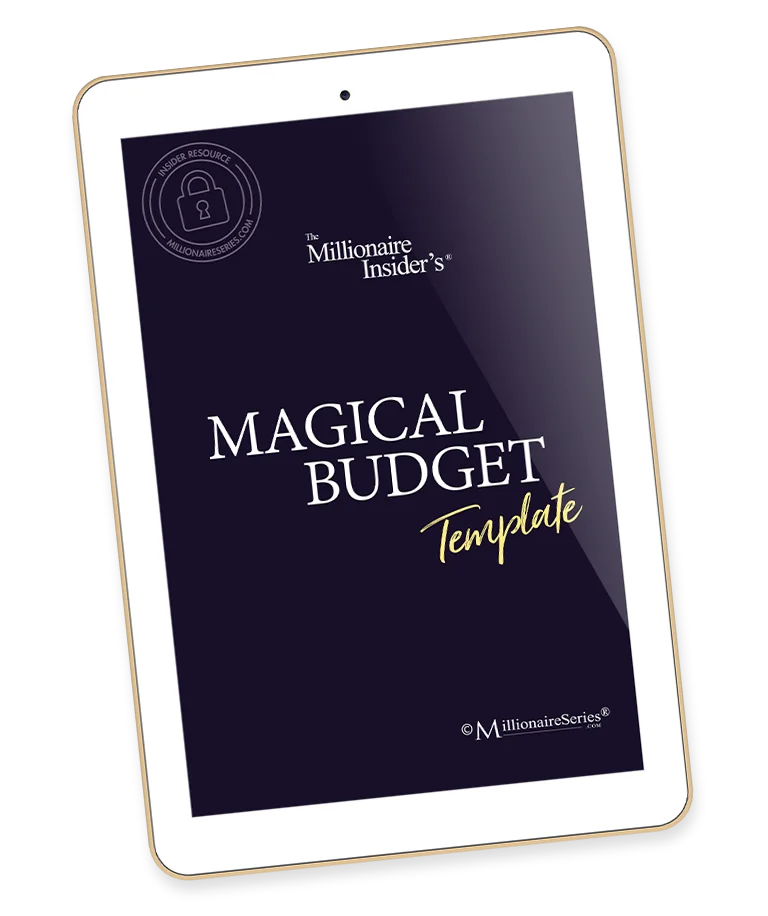Today, we’re talking about “How to Stop Overspending.” Now, before we dive in, I want you to think about some other addictions, like overdrinking, overeating, even a sex addiction or an addiction to drugs.
Interestingly, if you think about all of those addictions, unlike overspending, when done in excess, society, our tribe, looks down upon them.
Conversely, making a lot of money or spending excessively is rewarded, and is actually encouraged by society. I mean, just think about social media. If you want to be seen or heard, you better have the nicest car, house, and jewelry.
And that’s why it can be a little more challenging. You need to pay more attention if your issue is overspending.
And that’s why it can be a little more challenging. You need to pay a little more attention if your issue is overspending.
So stay tuned. You’re going to love today’s episode.
If you’ve ever overindulged in any area of your life or want to learn how to rein it in if you have an issue.
Summary: Wealth Inside and Out® Podcast – “Overspending: Why We Do It and How to Stop”
Today, you’re going to learn:
- Why people overspend and make impulse buys
- How to create healthy spending habits
- The process to get on track to achieve your financial goals
Free Retirement Plan Checklist
Our free resource is our retirement plan checklist. You can go to https://themillionaireinsider.com/rpc. This provides  you an overview of the actions you need to take so you can stop worrying about running out of money in retirement. And secure a financial future you love.
you an overview of the actions you need to take so you can stop worrying about running out of money in retirement. And secure a financial future you love.
Here is the link: Retirement Plan Checklist
Disclosure
All materials and intellectual property are copyrighted by MillionaireSeries.com®.
This information is for educational purposes only. It is not intended to replace any advisor or specialist or provide investment, financial, tax, retirement, planning, or healthcare advice.
By accessing this content, you agree to hold MillionaireSeries.com® and its affiliates harmless for results achieved or not achieved.
Overspending and Overindulgence
Overspending refers to spending more money than you have available or that you’ve budgeted for.
We all have this primal brain (child brain). It’s the part of our brain that supports impulse buys and overspending. Your prefrontal cortex (rational brain) helps you stick to your spending plan.
12 Steps to Stop Overspending

In the podcast you will learn 12-steps, below is a sample of the steps:
1. Create a Spending Plan
The first step includes creating a budget.
3. Identify Triggers
Review your spending patterns and identify areas where you make impulse purchases.
5. Prioritize Needs Over Wants
The next thing is to prioritize needs (utilities, food, and housing) over wants (travel and entertainment).
6. Use Cash or a Debit Card

Consider using cash or a debit card if you overspend.
8. Avoid Impulse Buying
Before going to the store, make a list and stick to it.
On the podcast, you will learn some tips to avoid impulse purchases.
11. Enroll Family and Friends
Find family and friends who will hold you accountable to your financial goals.
If you need support or have specific questions, click here:

Remember that breaking habits, including overindulgence in spending, drinking, or eating, will take time and effort. Be patient with yourself and stay focused on your big-picture goals.
Small changes in your spending habits over time can significantly improve your financial well-being.
Helpful Financial Tips
I want to give you a couple of final tips.
- Avoid credit card debt
- Set up an emergency fund
- Check your credit score
- Replace savings accounts that pay low-interest rates with higher paying ones that don’t increase risk
- Use a savings account with no early withdrawals, meaning you can’t take money out
- Transfer your checking account balance to your savings account each month
- Commit to do the work to reach your financial goals
- Factor in lifestyle creep
Click here to get your free financial checkup:
Follow and Subscribe
If you love the content, please open the Apple Podcast on your iPhone. Scroll down to the bottom, click five-star review, and leave a review. We really appreciate it.
Click here to follow and leave a review.
Congratulations on taking another step to create a secure financial future and retirement you love.
If you are ready to know your financial house is in order, please go to Your Next Best Financial Step.
Thank you so much for joining me for
“Overspending – Why We Do It and How to Stop.”
All international copyrights are reserved.


